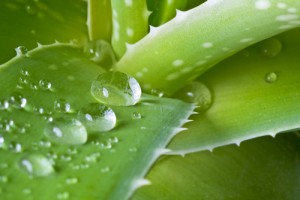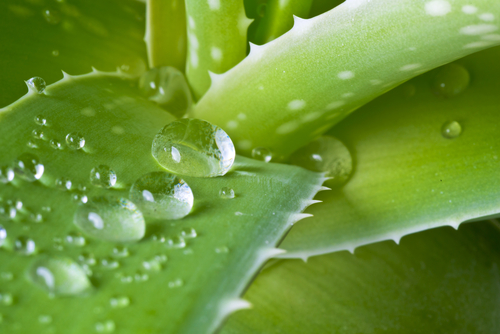 While researchers continue to develop new, next-generation methods for cancer treatment, such as cancer immunotherapies, which offer the hope of someday replacing chemotherapy, radiotherapy continues to be a viable, curative cancer treatment option for a number of disease types. Particularly among breast cancer patients, the use of radiation therapy is typically used in conjunction with surgery to effectively neutralize cancer cells. However, the primary difficulty in treating patients with radiotherapy is not its efficacy, but rather the onset of radiation dermatitis, which can be so severe that radiation therapy must be paused or discontinued. Unfortunately, with the exception of aloe, which offers only mild relief from radiation dermatitis, there are no other viable treatments for the condition.
While researchers continue to develop new, next-generation methods for cancer treatment, such as cancer immunotherapies, which offer the hope of someday replacing chemotherapy, radiotherapy continues to be a viable, curative cancer treatment option for a number of disease types. Particularly among breast cancer patients, the use of radiation therapy is typically used in conjunction with surgery to effectively neutralize cancer cells. However, the primary difficulty in treating patients with radiotherapy is not its efficacy, but rather the onset of radiation dermatitis, which can be so severe that radiation therapy must be paused or discontinued. Unfortunately, with the exception of aloe, which offers only mild relief from radiation dermatitis, there are no other viable treatments for the condition.
Researchers recently uncovered new findings, however, that suggest other natural plant sources may provide substantial relief for radiation dermatitis, thus allowing patients to resume critically important radiotherapy. According to an article published in International Journal of Low Radiation (2014; 9(4):305-316), Faruck Lukmanul Hakkim, PhD, of the University of Nizwa in Oman and Nagasaki University in Japan, as well as a team of international colleagues, have uncovered a new option for protecting the skin that is over a tumor site, which is the most susceptible region for radiation dermatitis as well as skin cancer and hair loss. In the study, the researchers studied three plant-derived skin products to see how well they could protect the skin when exposed to gamma radiation.
The compounds taken from natural plant sources, which include the antioxidant compounds caffein acid, rosmarinic acid, and trans-cinnamic acid, were tested to see if they could reduce reactive oxygen species levels that were generated in skin cells when exposed to gamma rays. In order to create a test environment similar to what cancer patients are exposed to, the researchers used clinically-similar doses of gamma rays, which can cause damage to DNA in skin cells. After exposure, the researchers looked for double-strand breaks in the human skin cell samples to see if the compounds were effective.
The findings revealed that caffein acid protected skin from harmful gamma rays by 40%, rosmarinic acid by 20%, and trans-cinnamic acid by 15%. The protective effect appears to be the result of the compounds’ ability to “mop up the reactive oxygen species and chemically deactivate them,” while also aiding in repairing DNA, according to a recent article on Oncology Nurse Advisor.
The researchers also noted that, while their preliminary studies tested the effects of these natural compounds on skin exposed to radiotherapy, it is also possible that they could be used to mitigate the negative effects of chemotherapy as well.
[adrotate group=”1″]


